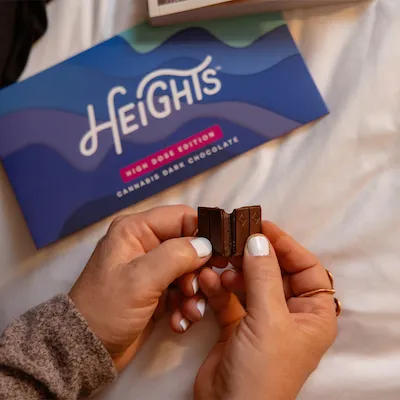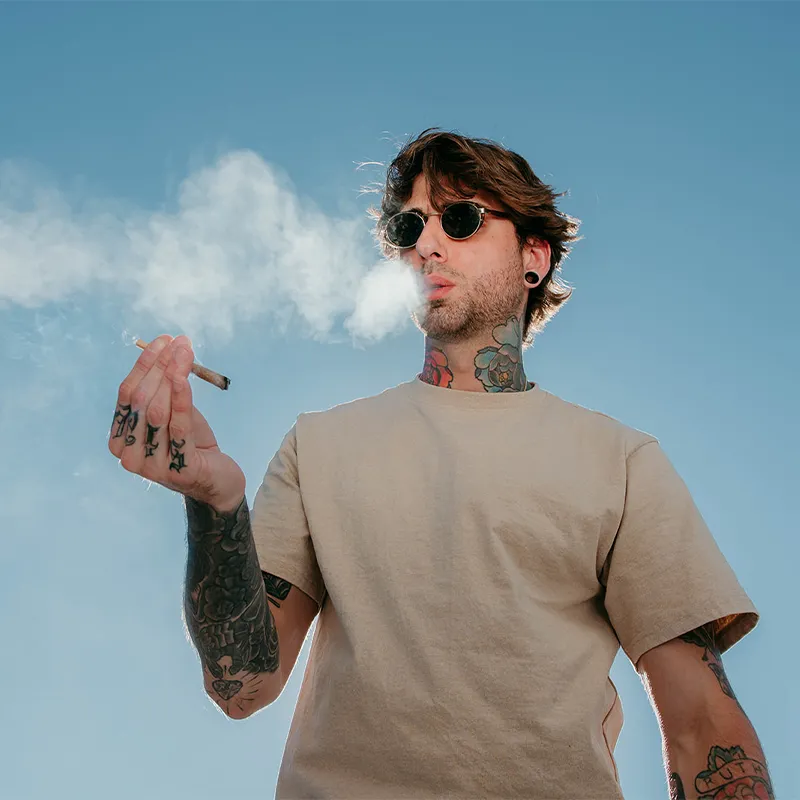As cannabis legalization continues to expand across the United States, millions of people living with conditions like chronic pain and PTSD are finding relief through medical cannabis. Military veterans, many of whom rely on VA medical benefits, face a complicated situation when it comes to medical cannabis access. Even though 1 in 5 veterans use state-approved medical cannabis as an alternative to pill-heavy treatments, and an overwhelming majority of veterans and their caregivers support medical cannabis research, the complex (and often contradictory) federal and state regulations surrounding medical cannabis make it difficult for them to seek medical cannabis treatments.
The federal government classifies cannabis as Schedule I Controlled Substance. The U.S. Department of Veterans Affairs (commonly known as the VA) is a federal agency and must abide by federal law. The VA currently serves close to nine million veterans, many of whom could potentially benefit from the regulated medical cannabis market. These veterans find themselves caught in the middle, wanting or needing to access to medical cannabis that is legal in their home state but restricted by federal law.
The VA has its own healthcare program (VHA) and its own set of rules when it comes to medical cannabis. To address widespread cannabis legalization at the state level, the VA crafted the VHA Directive 1315. The VHA Directive 1315 protects veterans from being denied VA benefits solely due to participation in a state medical cannabis program.
For veterans seeking medical cannabis, there are three key points to remember:
- A VA healthcare provider cannot make a recommendation for medical cannabis or assist you in obtaining cannabis under any circumstances, because doing so would be a violation of federal law.
- However, veterans are encouraged to discuss cannabis use with their VA healthcare provider, because having an open and honest conversation about any substances you consume (such as alcohol, recreational cannabis or other prescription medications) is crucial to developing a safe and effective treatment plan.
- There is no need to fear using cannabis legally—no one will be denied VA benefits and services because of legal cannabis use.*
Because they are a federal agency, VA physicians and other medical personnel may only prescribe medications that have been approved by the U.S. Food and Drug Administration (FDA). As of October 2019, there is only one cannabis-derived product with FDA approval (a CBD-based prescription medication used for treating severe epilepsy). There are no THC-based products that have been approved by the FDA. Without FDA approval, the VA is bound by several limitations:
- VA clinicians may not complete paperwork or forms required for veteran patients to participate in state-approved cannabis programs. If a veteran chooses to participate in a medical cannabis program, they will have to visit a non-VA physician (or other certified medical provider).
- All VA medical centers, locations and other facilities are considered to be federal property, which means the use or possession of cannabis is prohibited. Federal law, under which cannabis is illegal, is enforced at all times — regardless of the state law.
- VA pharmacies may not fill prescriptions for medical cannabis, nor can any form of VA benefits be used to pay for medical cannabis prescriptions.
Given these legal boundaries, it’s easy to see why many veterans are hesitant to be completely honest with their VA doctors when it comes to cannabis. Honesty is important, however, because doctors must consider all lifestyle choices and possible drug interactions in order to make informed decisions about a patient’s course of treatment. As with all medical information, disclosure of legal cannabis use is part of a confidential medical record that is protected under patient privacy and confidentiality laws and regulations.
If you’re a veteran and you’re interested in medical cannabis treatments, you don’t need to be afraid. If you’re still uncertain, you can reach out to one of our experts today to learn more.
*Additional limitations apply for individuals currently serving in the military:
Current members of the military are subject to the Uniform Code of Military Justice (UCMJ), which prohibits the use and possession of marijuana at all times under the UCMJ by Section 912a, Article 112a (10 U.S.C.S. § 912a). Military personnel in active duty are subject to monthly drug-testing. The Army’s Substance Abuse Program (ASAP) is detailed in AR 600-85. Violations are punishable by military law.








.svg)

